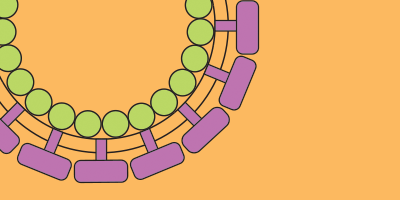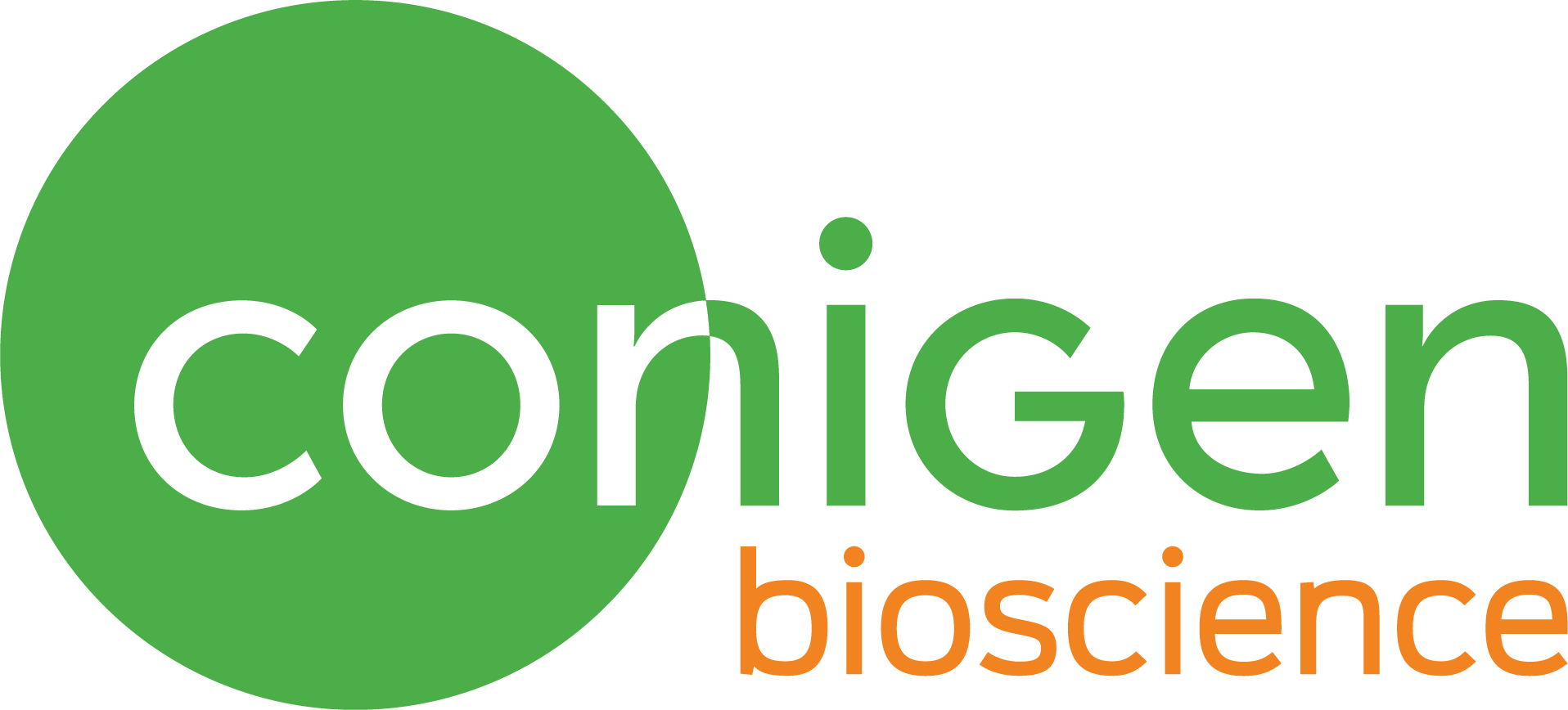CXCR5: A Critical Regulator in Immune Organization, Autoimmunity, and Cancer Therapy

CXCR5, or C-X-C Chemokine Receptor Type 5, is a G-protein-coupled receptor (GPCR) primarily known for its role in guiding B cells to lymphoid tissues and supporting immune responses within secondary lymphoid organs. CXCR5, which binds specifically to its ligand CXCL13, is essential for the formation of B-cell follicles, germinal center organization, and immune regulation. Its […]
Human IL-10Rα: Unlocking Immune Regulation and Therapeutic Potential

IL-10Rα, or Interleukin-10 Receptor Alpha, is a crucial component of the IL-10 receptor complex, playing a significant role in immune regulation. This receptor binds to IL-10, an anti-inflammatory cytokine, and mediates its signaling through a series of downstream pathways that influence immune homeostasis and inflammatory responses. Primarily expressed on hematopoietic cells like monocytes, macrophages, and […]
Nectin-4 in Cancer Biology: Insights and an Innovative Cis-Dimer Protein Solution

Nectin-4 is a member of the Nectin family of cell adhesion molecules within the immunoglobulin superfamily. It is unique among Nectins due to its expression patterns and its roles in tumor biology. Nectins are known for their involvement in calcium-independent cell-cell adhesion through both homophilic (same molecule) and heterophilic (different molecules) interactions, contributing significantly to […]
TIGIT: A Key Player in Cancer Immunotherapy

TIGIT, or T-cell immunoreceptor with immunoglobulin and ITIM domain, is an inhibitory immune checkpoint receptor that has recently gained attention for its role in modulating immune responses, especially within the tumor microenvironment (TME). Targeting TIGIT has emerged as a promising therapeutic strategy in cancer immunotherapy due to its effects on T-cells, NK cells, and regulatory […]
IFNγR1 Dimeric Protein Enhances Receptor/Ligand Binding

Interferon Gamma Receptor 1 (IFNγR1) is a critical component of the immune system’s response to pathogens and cancer. This protein is essential for recognizing and responding to interferon-gamma (IFNγ), a cytokine with potent immunomodulatory and anti-microbial effects. The IFNγR1 subunit, together with IFNγR2, forms the interferon-gamma receptor complex, which plays a role in activating immune […]
CXCR4: A Critical Player in Cancer, Immunity, and Therapeutic Innovation

CXCR4, or C-X-C Chemokine Receptor Type 4, is a highly conserved G-protein-coupled receptor (GPCR) primarily involved in cellular migration, immune responses, and tissue repair. CXCR4 is one of the most studied chemokine receptors due to its role in various diseases, including cancer, liver disease, and HIV infection.1, 2 CXCR4’s primary ligand, CXCL12 (also known as […]
Leveraging Nature’s Blueprints for Breakthrough Bioactive Claudin Integral Membrane Proteins

Nature holds the blueprint for many of science’s most promising therapeutic solutions. At Conigen, we’ve harnessed these native designs to introduce our latest Claudin protein family (Claudin 3, Claudin 6, Claudin 9) of membrane proteins displayed on nanoparticles, and developed to reflect bioactive native conformations that drive innovation in cancer therapies and vaccine research. By […]
CD4: The Glycoprotein at the Heart of Immunity, HIV Research, and Clinical Advances

CD4, or “Cluster of Differentiation 4,” is a glycoprotein expressed on CD4+ T cells and also found on the surface of other immune cells such as macrophages and dendritic cells. It is crucial for adaptive immunity, particularly in antigen recognition and immune response coordination. CD4 functions as a coreceptor with the T-cell receptor (TCR), binding […]
Bioactive Nectin-4 Homodimer vs Monomer – Custom Bioengineering Capabilities

What is Nectin-4? Nectin-4, a homodimer, is overexpressed on various types of tumor cells including pancreatic cancers. It has been recently identified as a novel ligand of TIGIT and interaction between Nectin-4 and TIGIT inhibits NK cell cytotoxicity thus suppressing immune responses, allowing cancer cells to evade immune surveillance. Challenges of engineering conformationally stable bioactive […]
